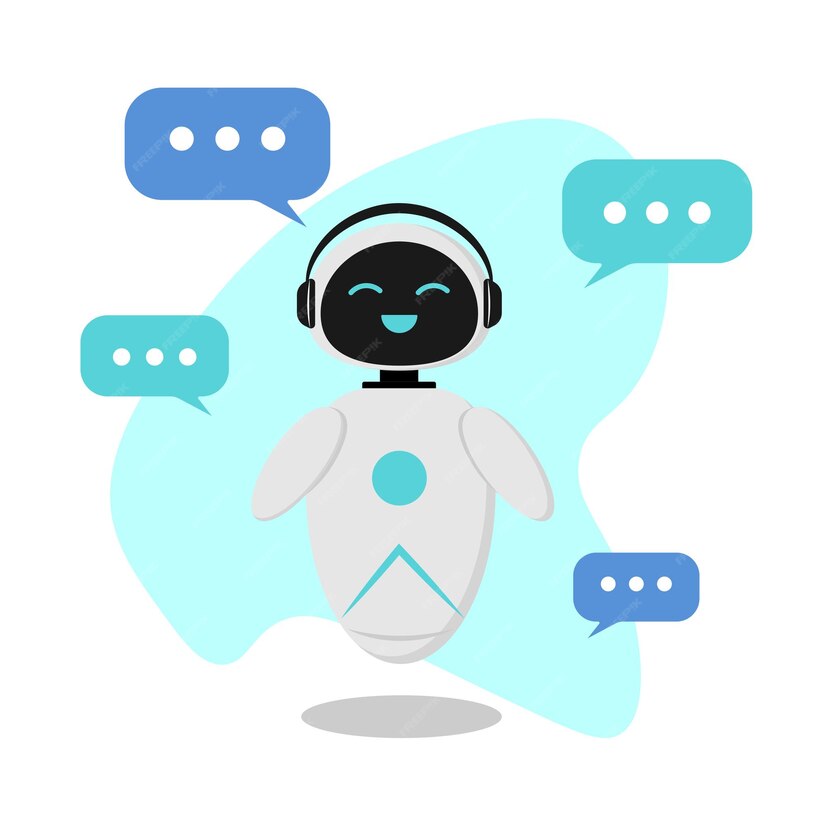In today’s fast-paced business world, maximizing productivity is crucial for staying competitive and achieving success. One innovative tool that has gained traction in recent years is ChatGPT, a powerful language model developed by OpenAI. ChatGPT can be utilized across various areas of business to streamline processes, improve communication, and enhance decision-making. In this article, we’ll explore how businesses can leverage ChatGPT to boost productivity in different areas, along with detailed examples illustrating its practical applications.
1. Customer Support and Service
- ChatGPT can revolutionize customer support by providing instantaneous responses to customer inquiries, troubleshooting common issues, and offering personalized assistance. Integrating ChatGPT into a business’s website or messaging platform enables round-the-clock support without the need for human intervention. For instance, an e-commerce company can deploy ChatGPT to handle routine customer queries such as order status inquiries, product recommendations, and return procedures. By automating these tasks, businesses can free up human agents to focus on more complex issues, ultimately improving efficiency and customer satisfaction.
2. Content Generation and Marketing:
- Generating high-quality content is essential for engaging customers and driving traffic to a business’s website or social media platforms. ChatGPT can assist in content creation by generating blog posts, social media captions, product descriptions, and email newsletters. Businesses can provide ChatGPT with relevant prompts or topics, and it will generate coherent and relevant content in a matter of seconds. For example, a marketing agency can use ChatGPT to brainstorm creative campaign ideas, draft compelling ad copy, or develop content calendars for social media platforms. By leveraging ChatGPT’s capabilities, businesses can produce content more efficiently and maintain a consistent online presence.
3. Market Research and Analysis:
- Conducting market research and analyzing industry trends are vital for making informed business decisions and staying ahead of competitors. ChatGPT can assist in gathering and analyzing vast amounts of data from various sources, such as customer feedback, industry reports, and online forums. Businesses can use ChatGPT to summarize key insights, identify emerging trends, and generate actionable recommendations. For instance, a retail company launching a new product line can employ ChatGPT to analyze customer reviews, competitor offerings, and market demand. By leveraging ChatGPT’s analytical capabilities, businesses can make data-driven decisions more efficiently and effectively.
4. Project Management and Collaboration:
- Efficient project management and collaboration are essential for ensuring that tasks are completed on time and within budget. ChatGPT can enhance collaboration by facilitating communication, organizing workflows, and providing intelligent assistance throughout the project lifecycle. Teams can use ChatGPT-powered chatbots to schedule meetings, assign tasks, and provide status updates in real-time. For example, a software development team can integrate ChatGPT into their project management tool to automate routine tasks such as code reviews, bug tracking, and documentation generation. By harnessing ChatGPT’s capabilities, teams can streamline workflows, reduce administrative overhead, and improve overall productivity.
5. Training and Skill Development:
- Continuous learning and skill development are essential for maintaining a competitive edge in today’s rapidly evolving business landscape. ChatGPT can serve as a virtual mentor or tutor, providing personalized learning experiences tailored to individual needs and preferences. Businesses can leverage ChatGPT to create interactive training modules, quizzes, and simulations that enhance employee knowledge and skills. For example, a sales team can use ChatGPT to simulate customer interactions, practice objection handling techniques, and receive instant feedback on their performance. By incorporating ChatGPT into their training programs, businesses can empower employees to develop new skills and adapt to changing job requirements more effectively.
In conclusion, ChatGPT offers tremendous potential for businesses seeking to boost productivity across various areas. Whether it’s improving customer support, generating content, conducting market research, managing projects, or facilitating training, ChatGPT can provide valuable assistance and insights that drive efficiency and innovation. By embracing ChatGPT as a strategic tool, businesses can stay ahead of the curve and achieve their goals in today’s dynamic business environment.

